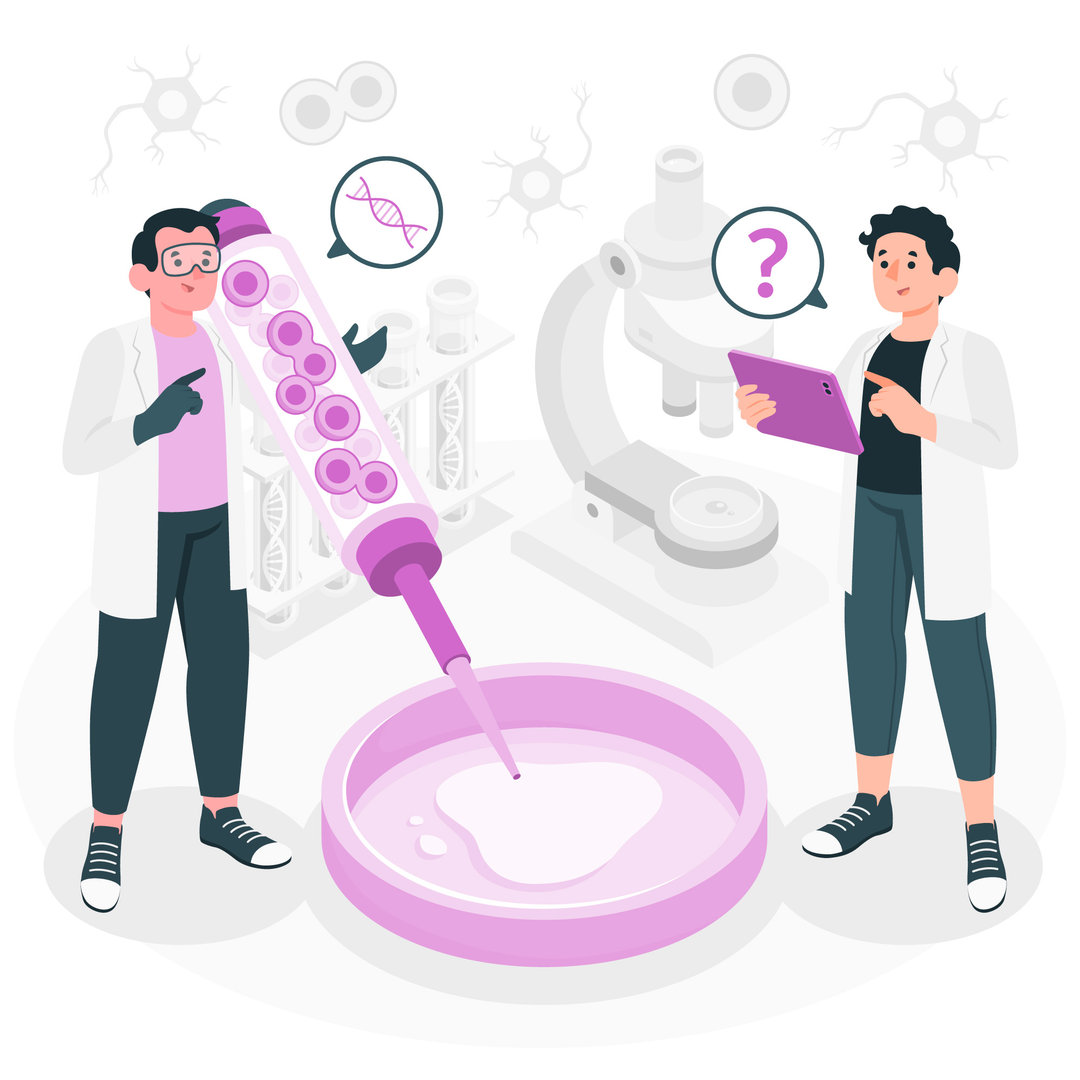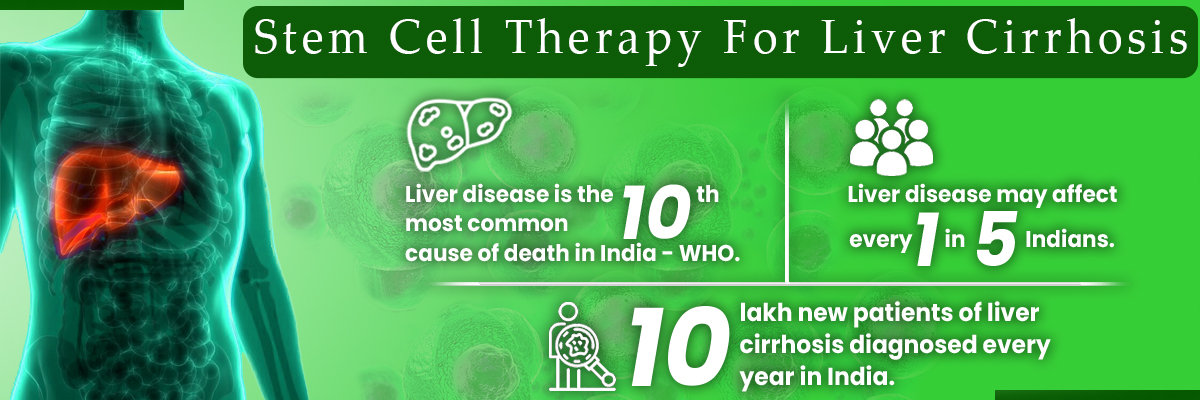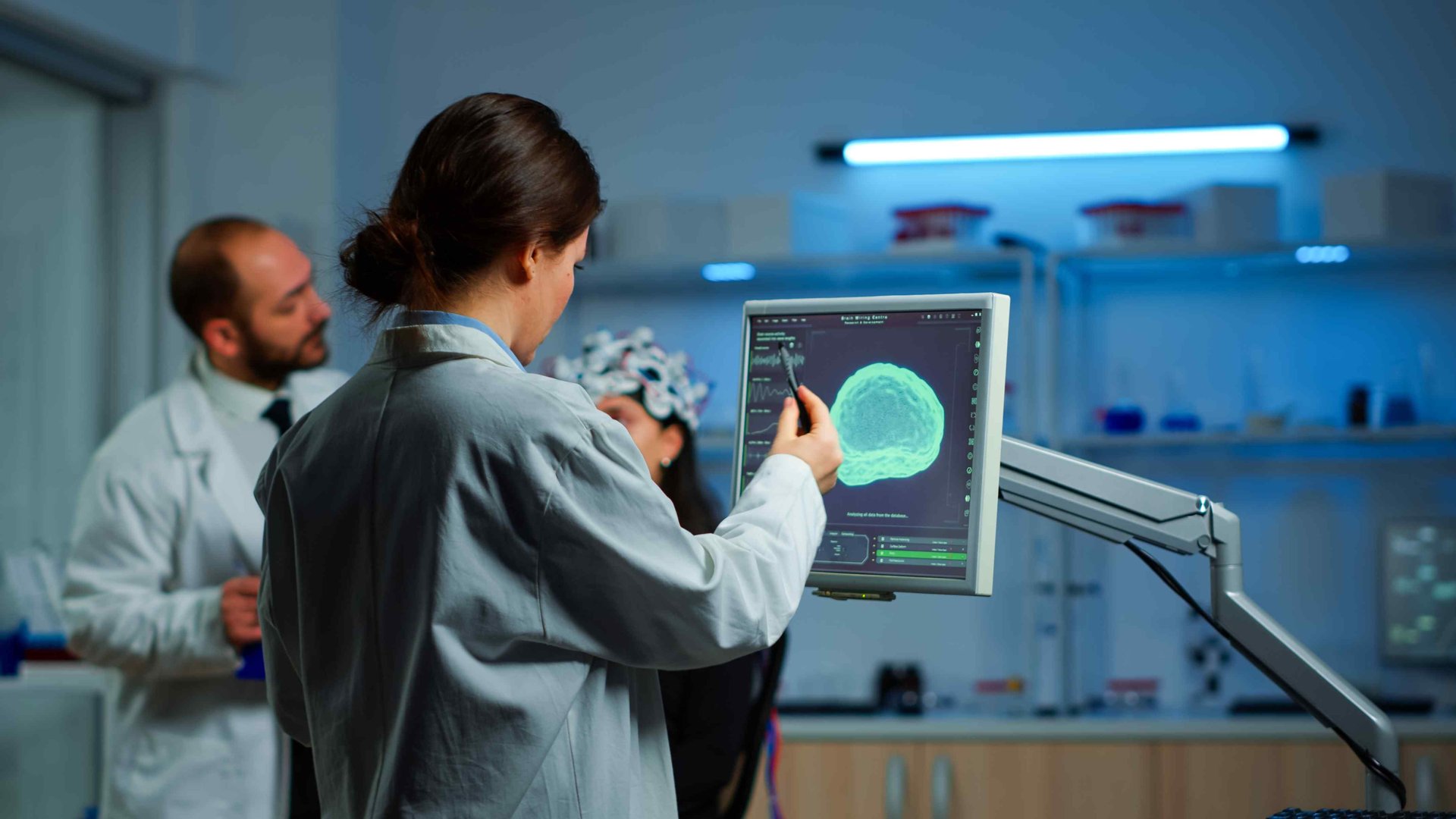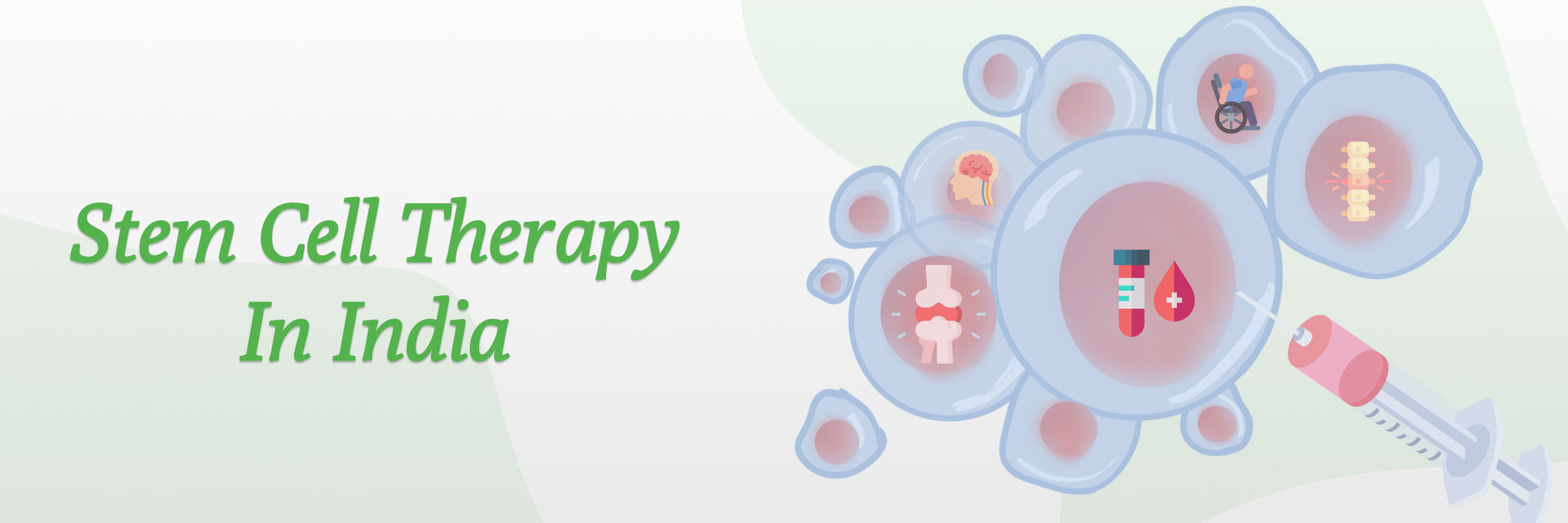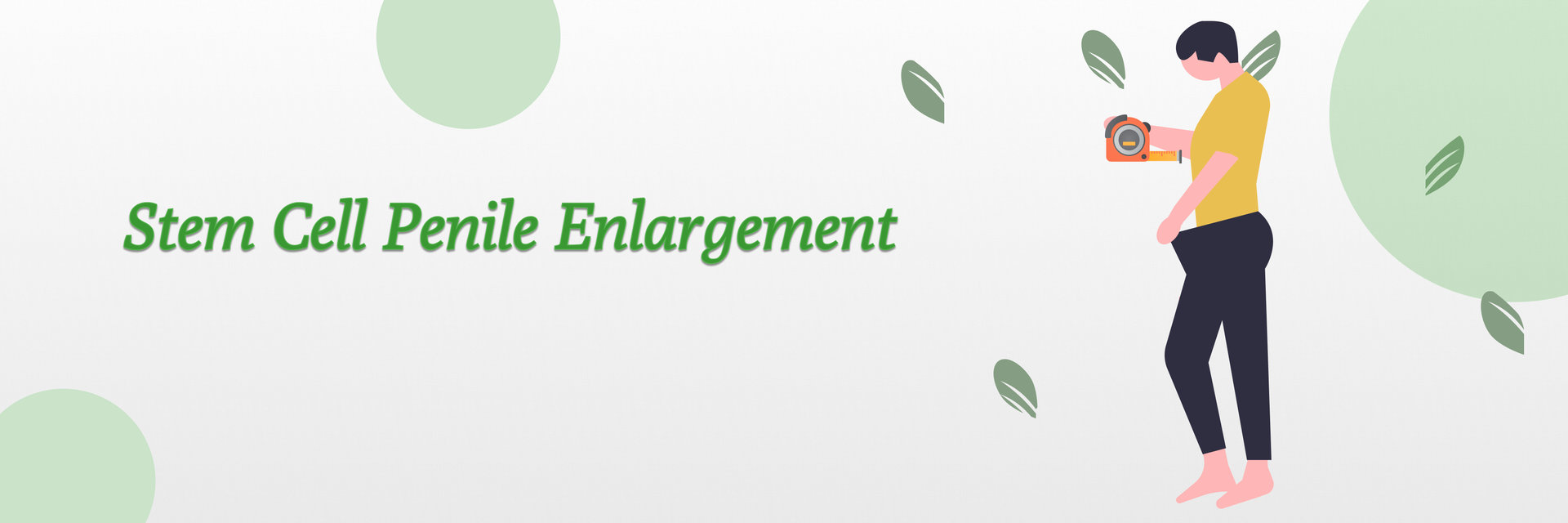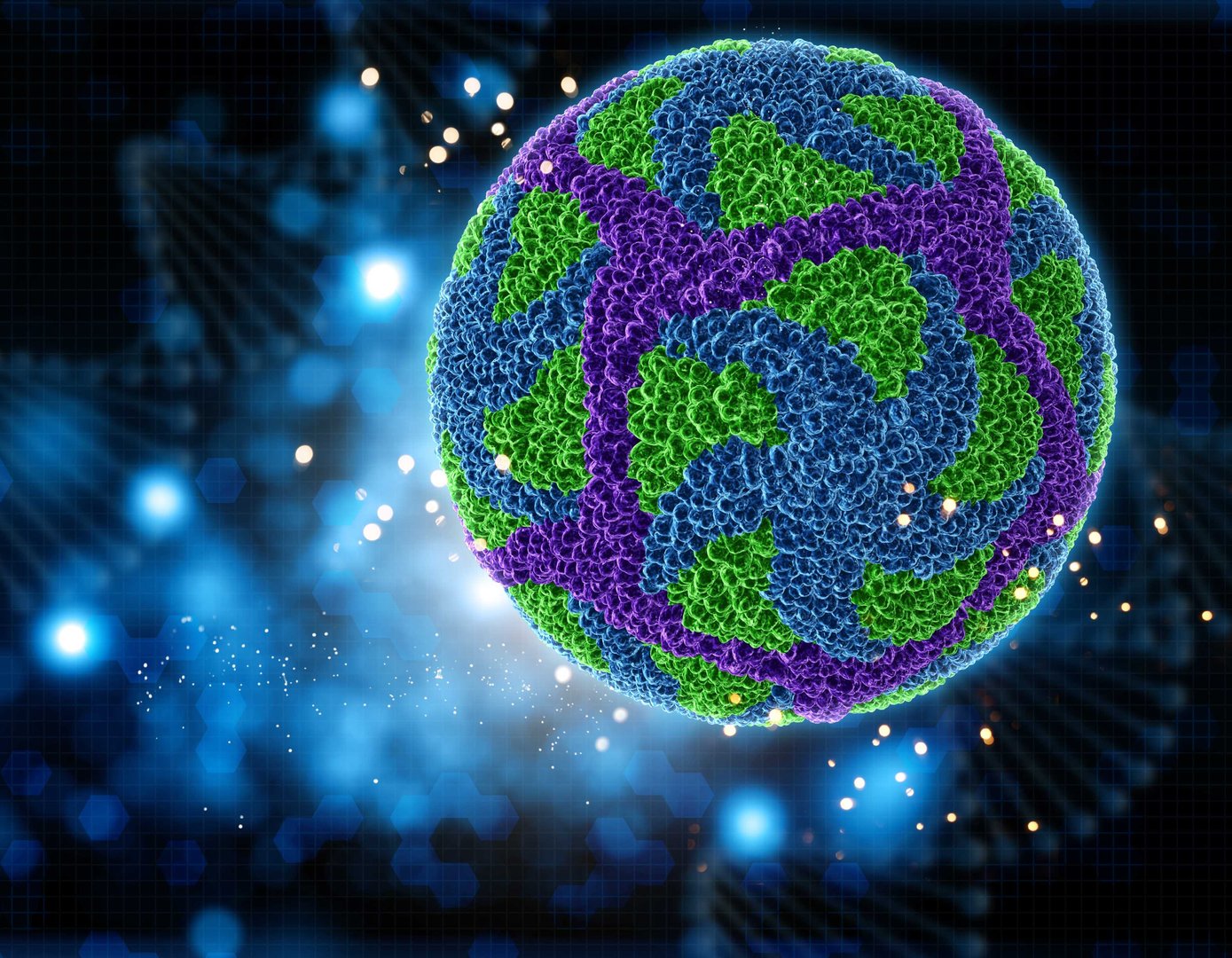Overview
Heart failure is a growing global health concern, and India is no exception. According to the Indian Heart Association, heart disease is the number one cause of death in India, claiming nearly 2 million lives every year. Globally, over 40 million people suffer from heart failure, with its incidence expected to rise by 46% over the next decade. For any assistance book online doctor consultation on our platform in minutes.
Despite advancements in medications and devices, heart failure often progresses over time. Heart transplants, while effective, remain inaccessible to many due to a shortage of donors. This urgent gap highlights the need for innovative solutions like stem cell therapy for heart failure.
With over 150 clinical trials conducted globally, stem cell therapy has shown a success rate ranging between 40% to 70%, offering a new frontier in regenerative cardiology. This article explores the potential of cardiac stem cell treatment in India, covering eligibility, cost, procedure, and top hospitals offering the therapy.
Is Stem Cell Therapy a Viable Solution for Heart Failure?
Yes, stem cell therapy is emerging as a promising treatment for heart failure, especially for patients who don’t respond well to conventional therapies. It works by using stem cells—usually from the patient’s own bone marrow or fat—to regenerate damaged heart tissue, improve heart function, and reduce symptoms like fatigue and breathlessness.
Clinical studies show success rates between 40% to 70%, with many patients experiencing better heart performance and quality of life. Although not yet FDA-approved, the therapy is offered under regulated clinical settings in India, where bodies like the Indian Council of Medical Research (ICMR) and Department of Biotechnology (DBT) ensure safety and ethical standards.
As research advances, stem cell therapy continues to gain ground as a viable option in regenerative heart care.
If you or a loved one is struggling with heart failure and seeking advanced treatment options, Schedule a Consultation today and discover how stem cell therapy could help improve heart function and quality of life.
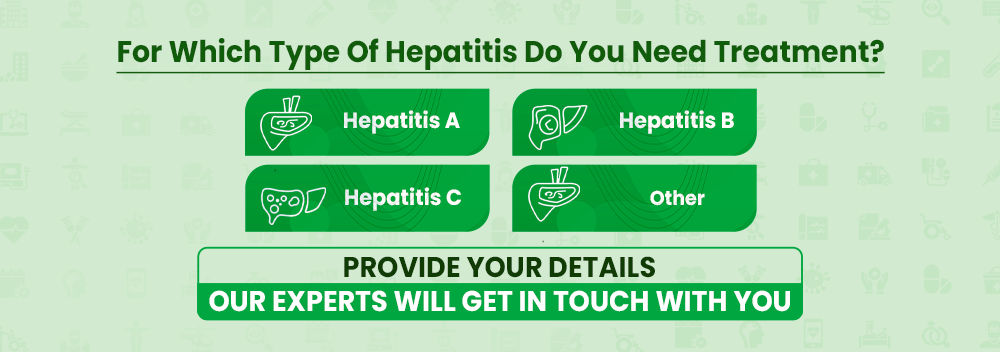
Top Hospitals Offering Cardiac Stem Cell Therapy in India
Here are some of the leading hospitals and research centers in India that offer cutting-edge stem cell therapy for heart conditions:
1. StemRx Bioscience Solutions (Dr. Mahajan’s Hospital), Navi Mumbai
Leading center for cardiac and regenerative medicine, known for innovative stem cell therapies and ethical research, offering customized treatment protocols for diverse degenerative conditions.
Notable Achievements:
- Developed India-specific stem cell therapy protocols.
- Successfully treated over 10,000 patients with chronic disorders.
- ISO-certified for quality and safety in regenerative medicine.
- Collaborated with international research bodies on ethical clinical trials.
2. NeuroGen Brain and Spine Institute, Mumbai
Renowned for stem cell treatment of neurological disorders, NeuroGen combines neurorehabilitation with regenerative therapies for enhanced recovery and patient outcomes.
Notable Achievements:
- Treated over 9,000 neurological patients with stem cells.
- Published 100+ peer-reviewed scientific papers.
- Integrated neurorehabilitation with cellular therapy.
- High global patient inflow for cerebral palsy and autism treatment.
3. Medanta - The Medicity, Gurgaon
One of India’s premier super-specialty hospitals, offering personalized cardiac stem cell therapies with advanced imaging and patient monitoring under experienced cardiologists.
Notable Achievements:
- First in India to use stem cells for heart failure treatment.
- NABH and JCI-accredited hospital.
- Integrated heart team for regenerative interventions.
- Active in international stem cell research collaborations.
4. Kokilaben Dhirubhai Ambani Hospital, Mumbai
Multidisciplinary hospital offering cutting-edge regenerative medicine solutions, with world-class labs and expert clinicians across various specialties including orthopedics, neurology, and cardiology.
Notable Achievements:
- First in Mumbai to establish a stem cell research wing.
- Offers stem cell banking and therapy in one facility.
- Hosts global regenerative medicine conferences.
- Advanced robotic surgery integration with stem cell protocols.
5. AIIMS (All India Institute of Medical Sciences), New Delhi
India’s top government-funded medical research institution, leading in cardiac regenerative research and clinical translation of stem cell therapies.
Notable Achievements:
- First government hospital in India to perform cardiac stem cell trials.
- Received ICMR grants for stem cell cardiology.
- Published landmark studies in cardiac regeneration.
- Pioneered ethical guidelines for stem cell research in India.
6. Apollo Hospitals, Chennai
Pioneering private hospital in cardiac and regenerative medicine, offering orthobiologics and comprehensive stem cell rehab for enhanced patient recovery and long-term outcomes.
Notable Achievements:
- Launched Apollo Centre for Regenerative Medicine.
- Accredited stem cell protocols for cardiac and orthopedic conditions.
- Integrated stem cell therapy with post-treatment physiotherapy.
- Recognized by ICMR for clinical excellence in regenerative care.
Types of Stem Cells in Heart Failure Treatment
Stem cells are the body’s natural repair cells—capable of developing into different types of tissues, including heart muscle. In heart failure treatment, they are used to repair damaged heart tissue, promote healing, and improve heart function. These cells can be sourced from the patient’s own body or donors and are selected based on their ability to regenerate cardiac cells and support vascular growth.
Stem cell therapy for heart disease generally uses the following cell types:
- Adult Stem Cells (Mesenchymal Stem Cells) – Derived from bone marrow or adipose tissue and used to regenerate heart muscle.
- Cardiac Stem Cells (CSCs) – Isolated from heart tissue; under trial for their heart-specific regenerative capabilities.
- Induced Pluripotent Stem Cells (iPSCs) – Lab-generated cells with potential to become heart cells, still largely in experimental stages.
Eligibility for Stem Cell Treatment in Heart Failure
You may be eligible for stem cell treatment if you:
- Have been diagnosed with ischemic or non-ischemic heart failure
- Show poor response to conventional treatments (medications, angioplasty, bypass surgery)
- Have stable health with no recent severe cardiac events
- Are medically fit to undergo minimally invasive cell transplantation
To discover if you’re a candidate for this innovative treatment - Consult top heart specialists in Mumbai and take the next step toward improving your heart health.
How Much Does Heart Stem Cell Therapy Cost?
The cost of cardiac stem cell therapy in India ranges from ₹6.5 lakhs to ₹10 lakhs (USD $8000 to $12000).In comparison, the same treatment may cost over ₹20 lakhs (USD $25,000+) in countries like the USA.
This price can vary based on several key factors, including:
1. Type of Stem Cells Used
- Autologous stem cells (from the patient’s own body) are generally more affordable and lower risk of rejection.
- Allogeneic stem cells (from a donor) can be more expensive due to processing, testing, and compatibility checks.
2. Hospital and City
The cost varies depending on the reputation of the hospital, location, and medical infrastructure. Leading cities like Mumbai, Delhi, Chennai, and Bangalore may have slightly higher charges due to advanced facilities and experienced specialists.
3. Number of Therapy Sessions
Some patients may require multiple stem cell infusions or a combination of stem cell and supportive treatments, which can increase the total cost.
4. Post-Treatment Care and Rehabilitation
Comprehensive cardiac care includes follow-up monitoring, imaging tests (like echocardiograms or MRIs), and cardiac rehab, all of which contribute to the overall cost.
Take the next step toward a healthier heart — schedule your consultation now to learn more about the procedure, cost breakdown, and whether you’re the right candidate for stem cell therapy.

Types of Heart Failure Treated with Stem Cells
Stem cell therapy is showing promise across various forms of heart failure by targeting the underlying causes of heart muscle dysfunction. Here's how it's being adapted for specific types of heart failure:
1. Ischemic Heart Failure
Cause: Reduced blood flow to the heart muscle due to blocked coronary arteries, usually following a heart attack.
How Stem Cells Help:
Stem cells, especially mesenchymal stem cells (MSCs), can stimulate angiogenesis (new blood vessel formation), improve oxygen delivery, and repair scarred or damaged myocardial tissue, potentially restoring some lost function and preventing further deterioration.
2. Dilated Cardiomyopathy (DCM)
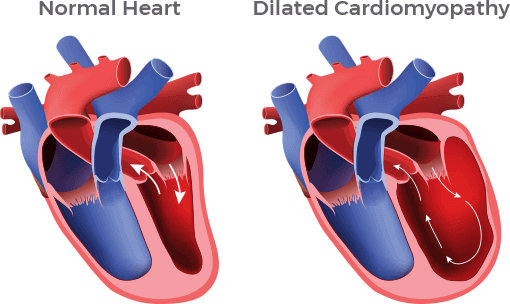
Cause: Enlargement and weakening of the heart’s chambers, leading to poor pumping capacity.
How Stem Cells Help:
Stem cell therapy works by promoting the regeneration of heart muscle cells, improving contractility, and enhancing the heart’s overall function. Studies have shown potential improvements in ejection fraction and exercise tolerance in DCM patients post-treatment.
3. Hypertrophic Cardiomyopathy (HCM)
Cause: Abnormal thickening of the heart muscle, which reduces its ability to relax and fill properly.
How Stem Cells Help:
Although research is ongoing, stem cell therapy may help reduce fibrosis and improve myocardial flexibility, leading to better blood flow and reduced heart stiffness. It could also aid in correcting electrical conduction issues linked with HCM.
4. Valvular Heart Disease with Heart Failure
Cause: Malfunctioning heart valves that strain the heart over time, potentially leading to heart failure.
How Stem Cells Help:
Stem cells may support myocardial regeneration and repair, helping the heart compensate for valve dysfunction. When combined with surgical or catheter-based interventions, stem cell therapy could enhance recovery and long-term heart performance.
Discover how stem cell therapy provides targeted, regenerative solutions for different types of heart failure.Visit Clinicspots to learn more and explore your treatment options today.
What Happens During Stem Cell Treatment for Heart Failure?
Stem cell therapy for heart failure is a minimally invasive and scientifically advanced procedure designed to regenerate damaged heart tissue and restore cardiac function. Here’s a step-by-step look at how the treatment works:
1. Stem Cell Harvesting
Stem cells are typically collected from the patient’s own body (autologous), commonly from:
- Bone marrow (usually from the pelvic bone)
- Adipose (fat) tissue
The procedure is usually performed under local anesthesia and is safe with minimal discomfort.
2. Cell Processing and Expansion
Once collected, the stem cells are sent to a specialized laboratory where they are:
- Purified to remove any unwanted cells or impurities
- Multiplied or expanded (in some cases) to obtain a higher cell count
- Quality tested to ensure they are safe and effective for cardiac repair
This step may take a few days, depending on the therapy protocol.
3. Stem Cell Transplantation
The processed stem cells are then reintroduced into the patient’s heart, targeting the damaged or scarred areas. This is done using one of the following methods:
- Intracoronary infusion via catheterization through the blood vessels
- Intramyocardial injection, where cells are directly injected into the heart muscle during a minimally invasive procedure
This step is typically done in a cath lab or operating room and is closely monitored by cardiac specialists.
4. Post-Treatment Monitoring
After the procedure, the patient undergoes regular follow-ups to:
- Monitor heart function improvements (e.g., ejection fraction, cardiac output)
- Manage symptoms such as fatigue, breathlessness, and swelling
- Adjust any existing medications as necessary
Heart stem cell therapy is a well-coordinated, multi-step treatment that combines cutting-edge technology with personalized care. The goal is to repair damaged heart tissue, improve pumping efficiency, and reduce symptoms of heart failure—all while minimizing surgical risks.
Managing Recovery of Stem Cell Treatment for Heart Failure
After therapy, patients should:
- Attend regular follow-up appointments
- Monitor for symptoms like chest pain, shortness of breath, or fatigue
- Maintain a heart-healthy lifestyle (diet, exercise, medication adherence)
- Consider cardiac rehab for full recovery
Benefits of Stem Cell Therapy for Heart Failure
Stem cell therapy for heart failure offers promising benefits, including tissue regeneration, improved heart function, reduced medication dependence, and a potential alternative to heart transplants.
- Regenerates Damaged Tissue: Promotes repair of heart muscle damaged by disease or injury.
- Improves Heart Function: Can boost ejection fraction and overall heart performance.
- Reduces Medication Dependence: May lessen the need for long-term heart failure drugs.
- Minimally Invasive: Uses catheter-based or small injection methods with quicker recovery.
- May Delay or Avoid Transplant: Offers a potential alternative for patients awaiting heart transplants.
Challenges and Risks
While stem cell therapy offers promising results for treating heart failure, it is still an emerging treatment with several challenges and considerations:
- Not FDA-Approved: Stem cell therapy is not FDA-approved in many countries, limiting access and insurance coverage.
- Variable Success Rates: Effectiveness varies based on individual health, heart failure type, and treatment response.
- Lack of Long-Term Data: Ongoing research is needed to understand the long-term effects and sustainability of the treatment.
- Ethical and Regulatory Hurdles: Ethical concerns and varying regulations complicate the adoption and approval process.
- Not Suitable for All Cases: The therapy may not be effective for severe or advanced stages of heart failure.
Integrating Stem Cell Therapy with Other Treatments for Heart Failure
Integrating stem cell therapy with other heart failure treatments can enhance overall outcomes by combining the regenerative potential of stem cells with traditional therapies. Here’s how:
1. Complementing Medications
Stem cell therapy can improve heart function, allowing patients to reduce dependency on medications like beta-blockers, ACE inhibitors, or diuretics, while continuing to manage heart failure symptoms.
2. Enhancing Post-Surgery Recovery
After procedures like coronary artery bypass grafting (CABG) or valve repair/replacement, stem cell therapy can accelerate tissue repair and enhance recovery, reducing the need for prolonged rehabilitation.
3. Boosting Cardiac Rehabilitation
In conjunction with cardiac rehabilitation programs, stem cell therapy can improve cardiovascular health and overall strength, enabling patients to return to normal activities sooner.
4. Addressing Specific Heart Failure Types
Stem cells can be strategically combined with specific therapies for conditions like ischemic heart failure or dilated cardiomyopathy to target regeneration in the affected areas, enhancing the overall therapeutic effect.
Conclusion:
Stem cell therapy for heart failure offers promising potential to repair damaged heart tissue and improve heart function. Though still under research, early results are encouraging. With continued clinical trials and advancements, it could soon become a mainstream treatment option—offering new hope to millions battling heart failure.
Reference:
